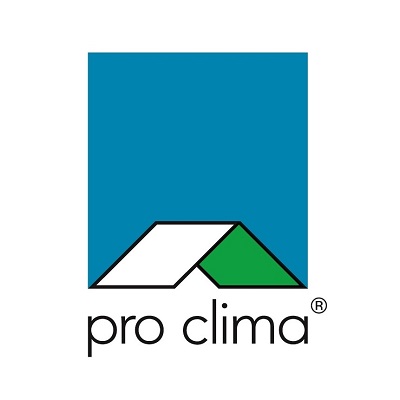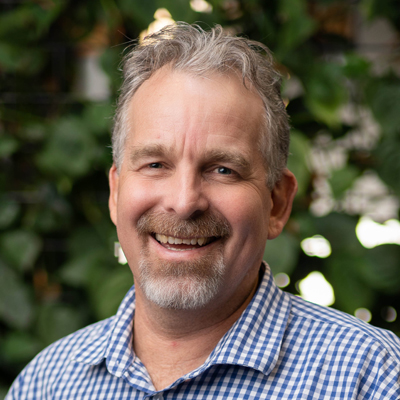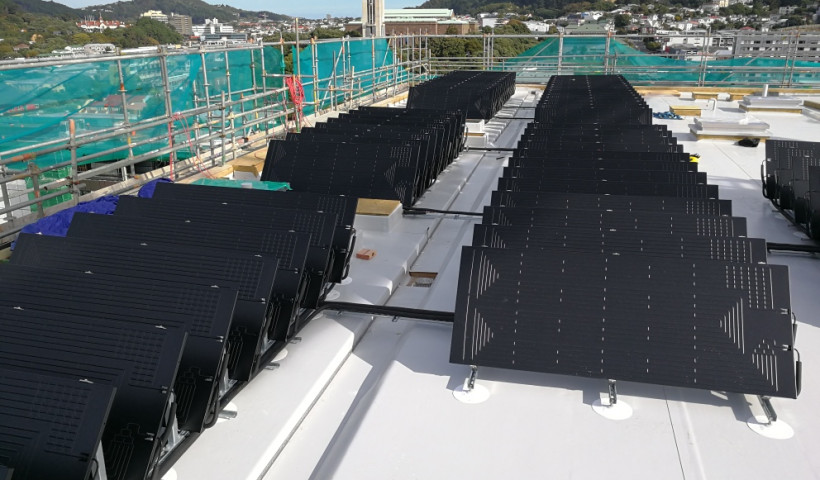
In 2016, Fraser and Jenny Magee built their new four-bedroom home in Nelson, designed by Architectural Designer, Mathew Hay. They wanted a domestic hot water system that was environmentally friendly and efficient to run, not just a run-of-the-mill hot water cylinder. Hot water was important to them, having specified a large ensuite bathroom with a luxurious corner spa bath and two-person walk-in shower. Their aim was to reduce the cost of their electricity usage, so an energy-efficient and cost-effective way of heating water was paramount.
They researched trends in Europe and looked at the systems on offer in NZ, including:
- Traditional solar hot water (ruled it out due to concerns about how effective it would be in winter);
- Photovoltaic panels (decided that payback is too long, would need to change their energy usage patterns to use electricity during the day while it’s being generated, and battery technology is not there yet);
- Standard hot water cylinder (would only consider it if they went with PV); and
- Air-to-water heat pumps (not much price difference when compared with thermodynamic).
They decided the most beneficial system to cut down their electricity usage was an Energie Eco 250 litre thermodynamic hot water system, recommended by friends who had also built in Nelson. Energie, based in Portugal, is a worldwide recognised brand with over 20 years in the field. Fraser says he’d be hard-pressed to think that anyone who’d done the same research would reach any other decision.
Being a new house, they’re unable to compare before and after electricity costs, but Fraser has tracked their energy usage over two years and compared it with their last house. He believes strongly that they’re about $100 per month better off, thanks to their Energie Eco system.
The thermodynamic panel (filled with refrigerant liquid) is mounted on the roof facing north-west to make good use of the famous Nelson sunshine, gathering free heat from the sun, rain and wind. With their home on a slight rise, the low-profile panel is practically invisible from the ground. The 250-litre cylinder sits in the hall linen cupboard and supplies ample hot water for the two bathrooms and kitchen. Mathew Hay is pleased with the system and very happy to hear that it’s working well for Fraser and Jenny.
“If I was doing it all over again, I would definitely choose thermodynamic again,” says Fraser.











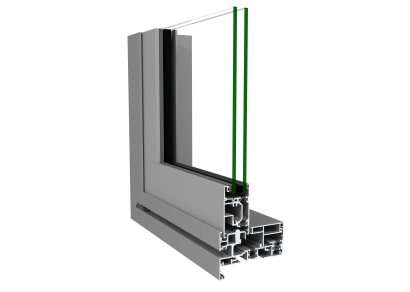
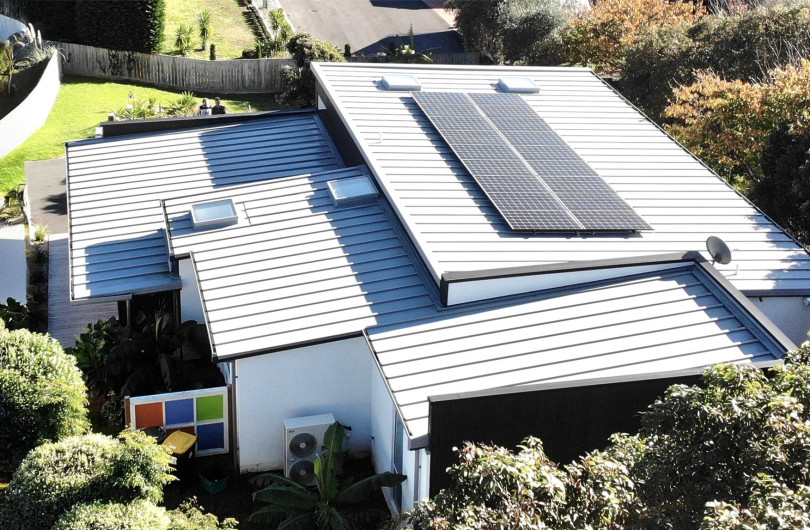
 New Products
New Products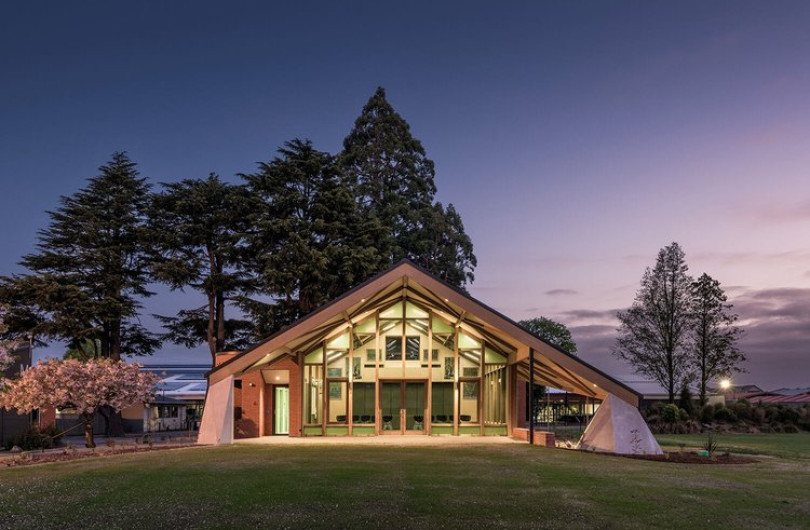
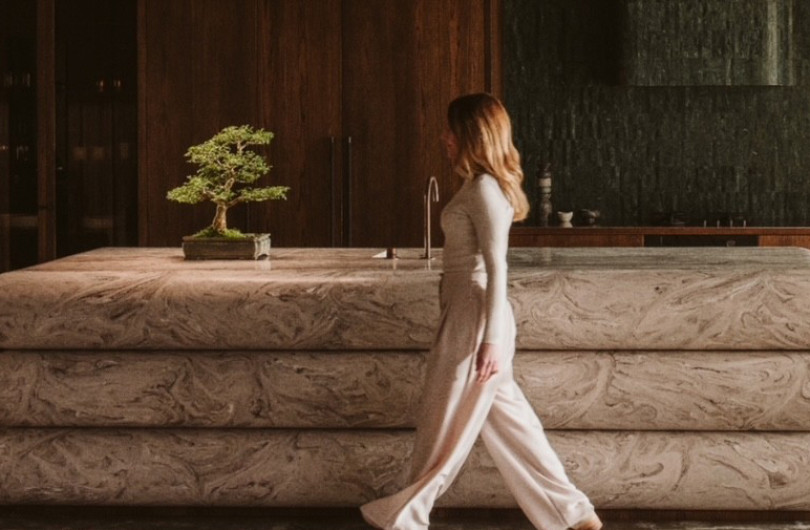

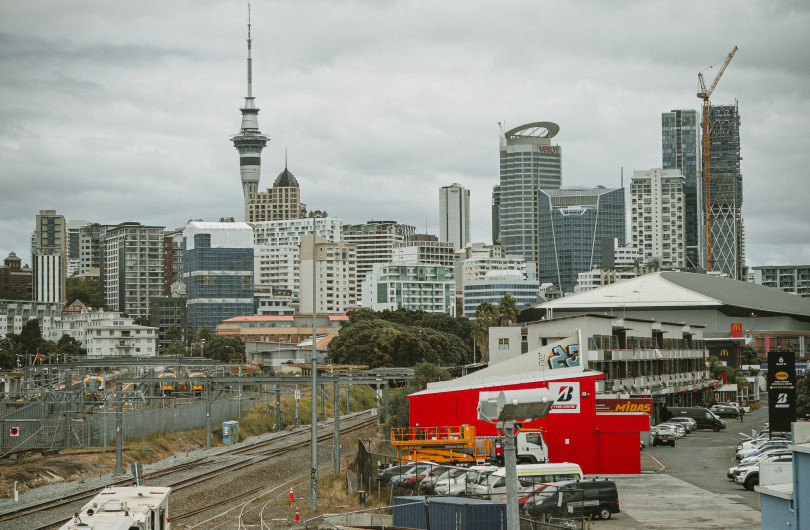

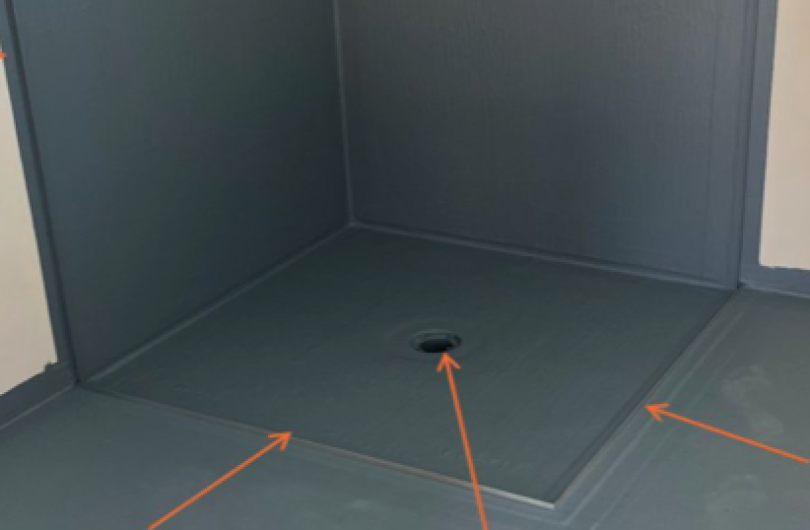




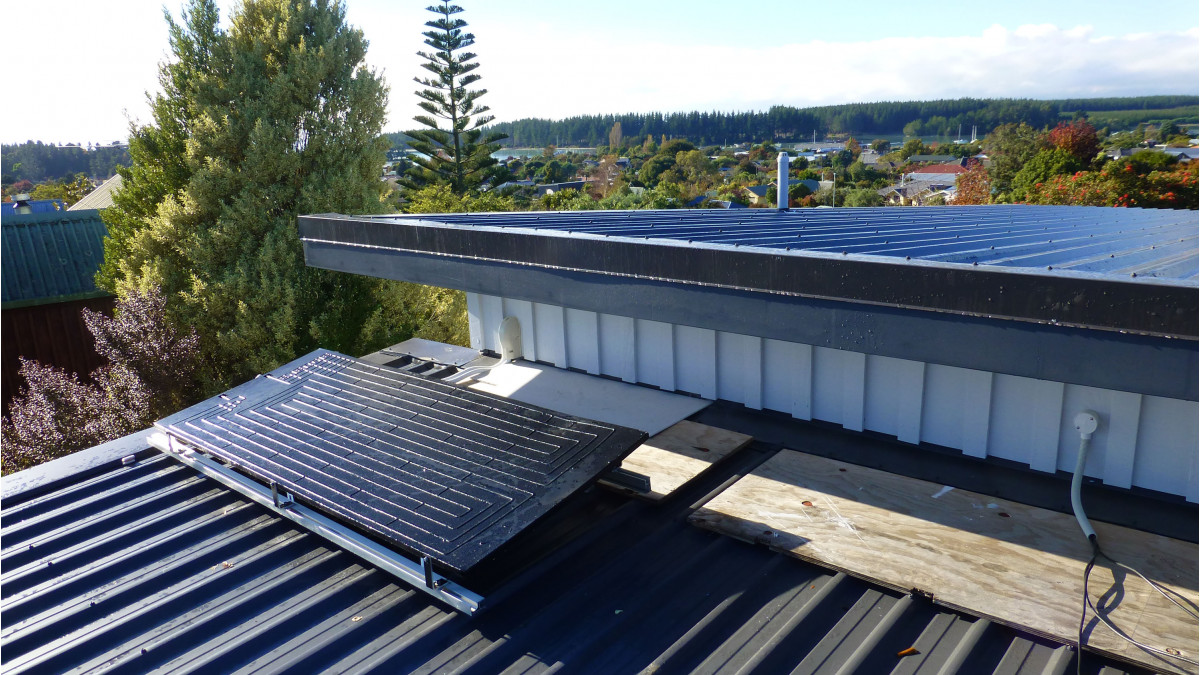
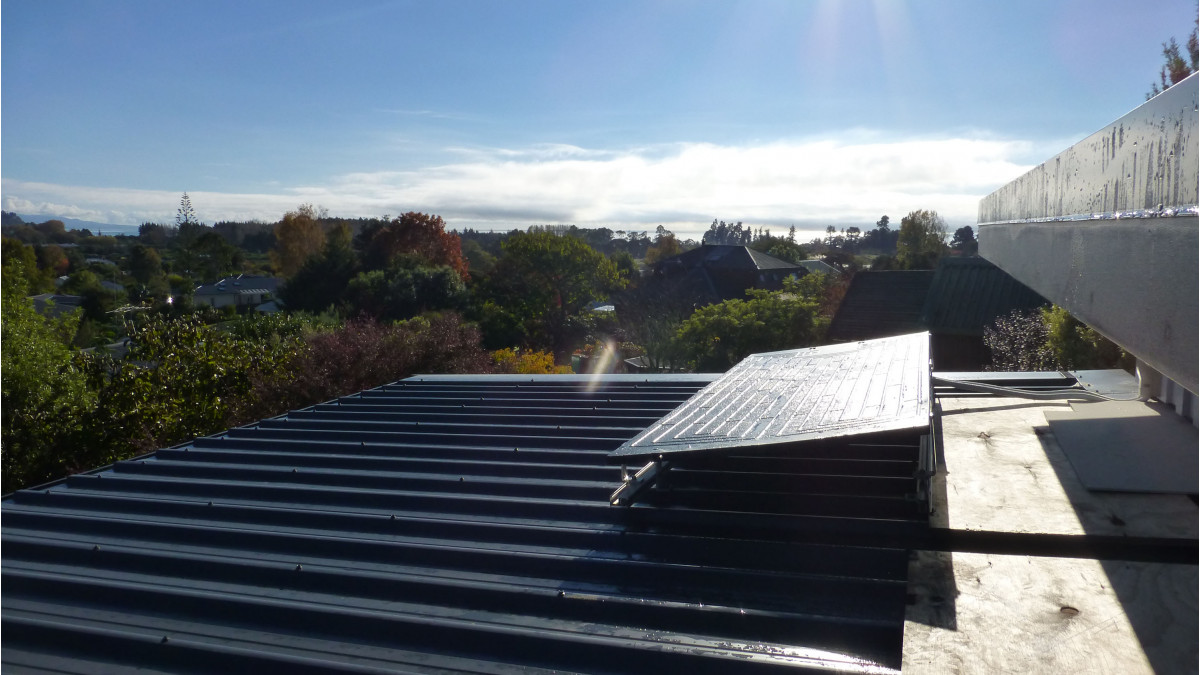
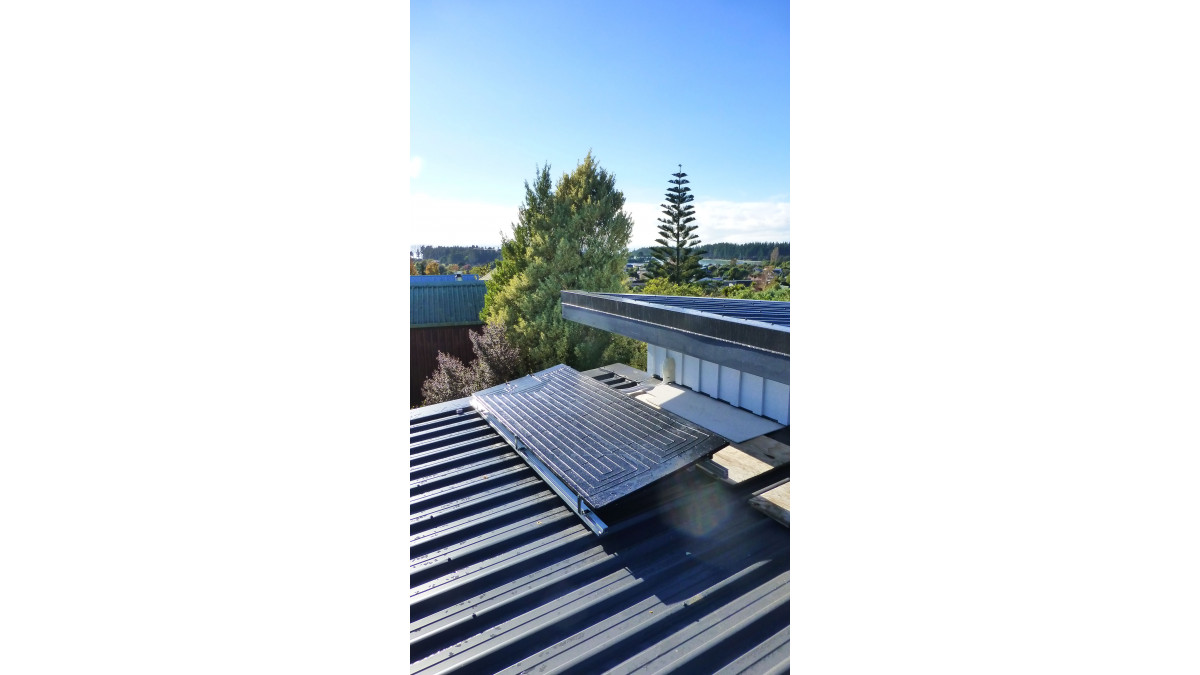
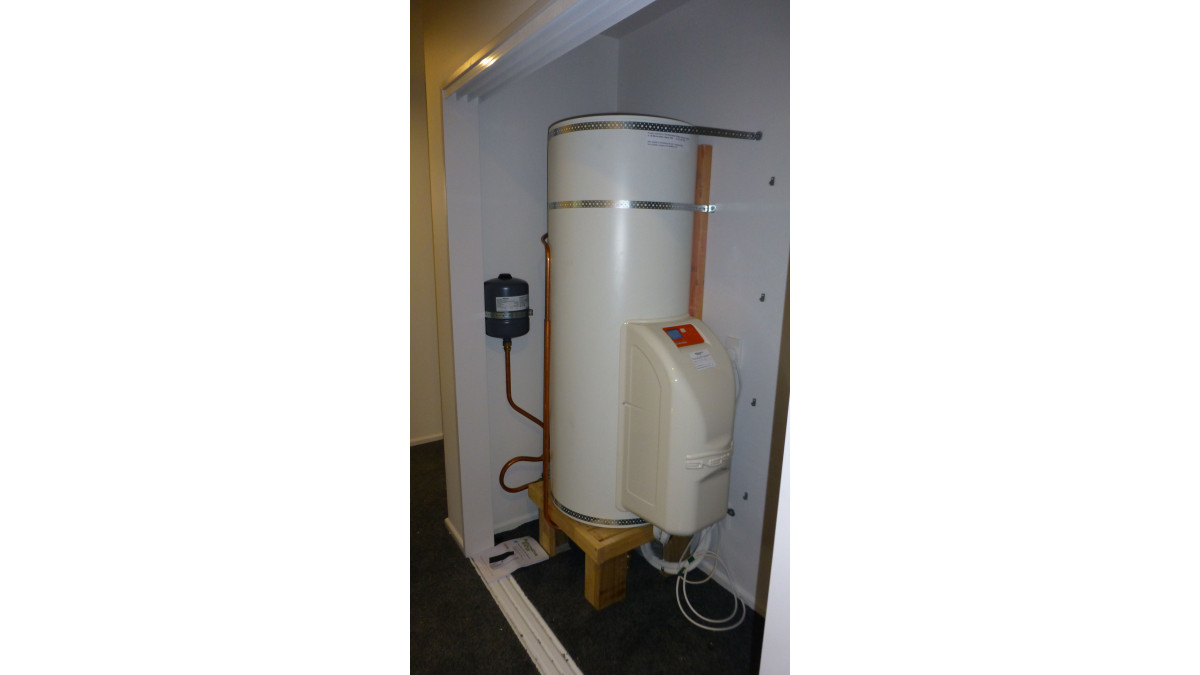


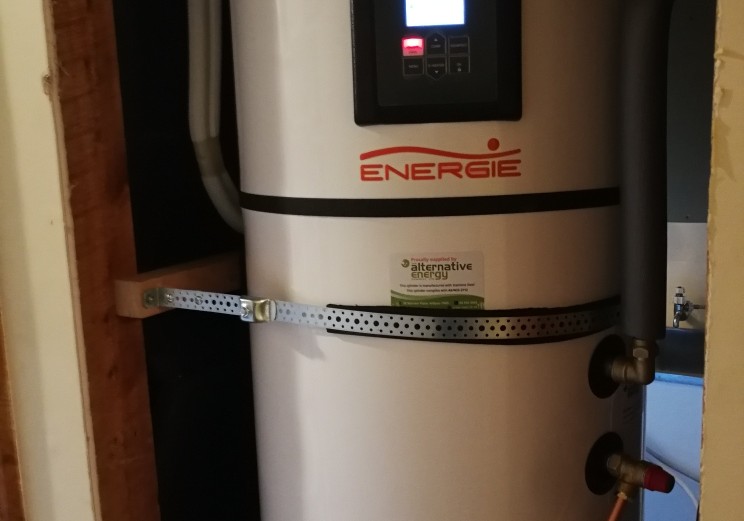

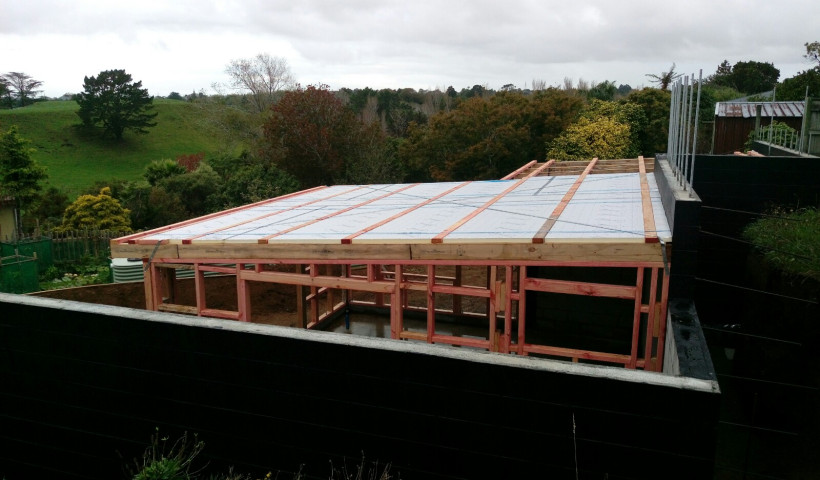
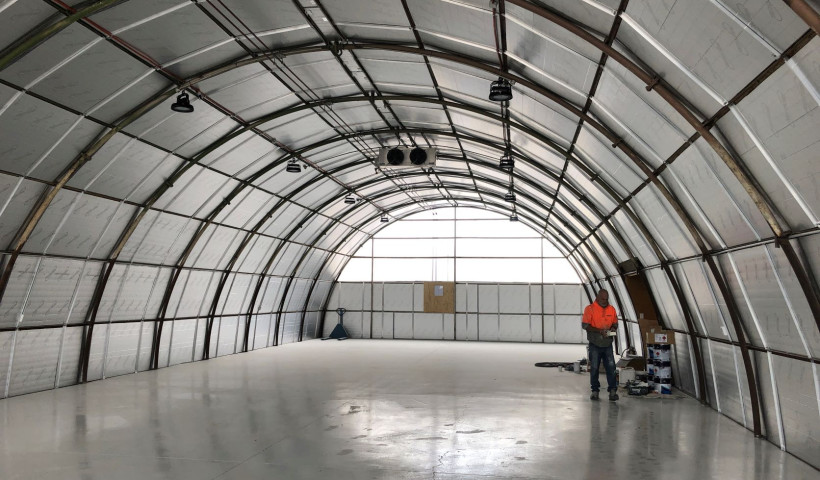
 Popular Products from The Alternative Energy Company
Popular Products from The Alternative Energy Company
 Most Popular
Most Popular


 Popular Blog Posts
Popular Blog Posts